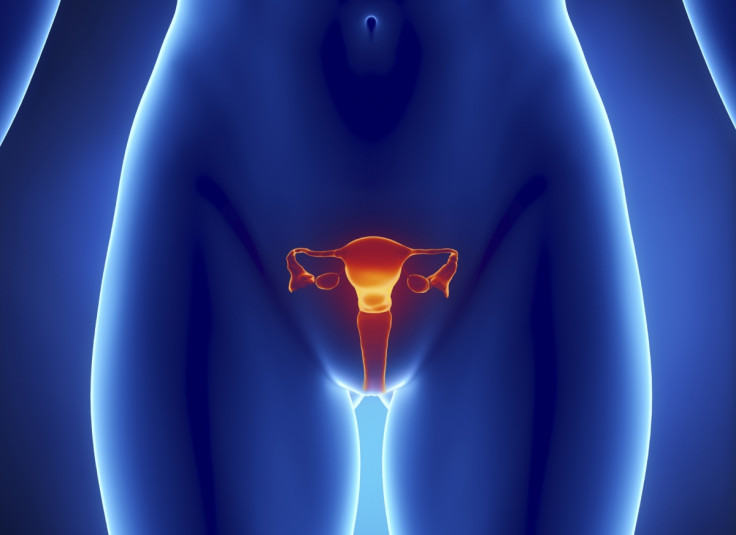PCOS treatment: Polycystic ovary syndrome reversed through brown fat transplant

Polycystic ovary syndrome has been reversed through a brown fat transplant in rats, raising hope of a future treatment for humans with the condition. PCOS is one of the most common endocrine diseases in women of reproductive age – between 9% and 18% of women have it, yet there is no cure or treatment.
PCOS is a leading cause of infertility – it is marked by a lack of ovulation, irregular periods, cysts developing on the ovaries and high levels of androgens ("male hormones"). It is also associated with a high risk of developing insulin resistance, type-2 diabetes, obesity and cardiovascular disease.
In a study published in the journal PNAS, researchers from the Chinese Academy of Sciences note that because a single factor does not account for all the clinical features in PCOS, exactly how the condition develops is not known. "Several genetic and environmental factors may contribute to the development of PCOS; however, the underlying cellular mechanism of the induction and progression of PCOS remains to be elucidated," they wrote.
The scientists were looking specifically at the insulin resistance trait seen in PCOS. They said functional abnormality in the adipose tissues of those affected is linked to insulin resistance, with brown adipose tissue (BAT) being involved in heat generation and the maintenance of body temperature. BAT activation also inversely correlates with age and body mass index – so increasing it could be a way to treat obesity and metabolic disorders.
Symptoms reversed
Because of the common features between PCOS and metabolic syndrome, the team thought BAT could play a role in the development of the condition. To test the idea, they performed BAT transplants on PCOS and control rats. Findings showed that after the transplants, symptoms of PCOS, including low birth rate, insulin resistance and irregular menstrual cycles were reduced.
"In the current study, we showed that BAT activity was dramatically decreased in the PCOS rat and that BAT transplantation effectively ameliorated most of the symptoms found in the PCOS rat," they wrote. "In addition, we revealed that the beneficial effects of BAT transplantation in the PCOS rat were mediated by the increased circulating adiponectin level.
"To the best of our knowledge, this study is the first study showing that the activity of BAT is associated with clinical phenotypes of PCOS in an animal model. We believe that the current study points out BAT as a previously unidentified target organ for the treatment of PCOS."
They said BAT transplantation cannot easily be applied to humans, but alternative methods – such as drugs that enhance BAT activity – could be a potential avenue to develop treatments for PCOS.
© Copyright IBTimes 2024. All rights reserved.






